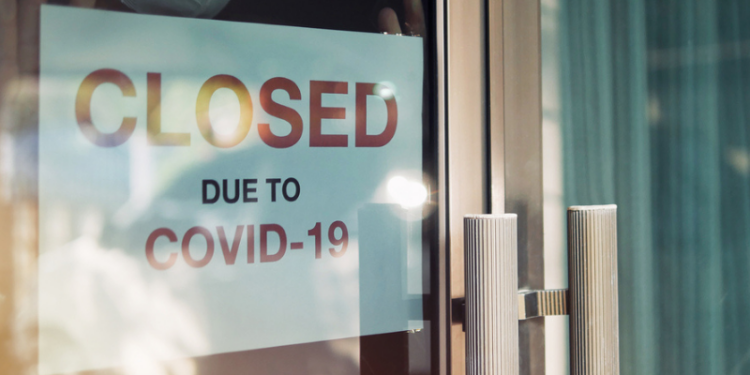As the U.S. enters the second wave of the coronavirus pandemic and some states such as California lockdown, small businesses such as restaurants and bars filed lawsuits challenging the state’s ability to force them to close. Kabrina Chang, Clinical Associate Professor, Markets, Public Policy & Law, spoke to Insights@Questrom about whether states are legally allowed to close or restrict businesses and what businesses can do about it.
BUSINESSES IN CALIFORNIA HAVE RECENTLY FILED LAWSUITS AGAINST THE STATE AS THEY PLUNGE INTO LOCKDOWN DUE TO GROWING CORONAVIRUS CASES. WHAT DO THESE LAWSUITS ENTAIL?
Chang: Several businesses in San Diego County challenged Governor Newsom’s regulatory regime Blueprint for a Safer Economy which created a color-coded system (yellow, orange, red, and purple) to indicate positivity levels in counties in the state. According to the Blueprint, the higher the tier, the more restrictions on businesses in that county. Purple is the highest tier, indicating the highest positivity rate and has the most restrictive scheme, including no indoor operations for restaurants and gyms. When San Diego County moved into the purple tier, some restaurants and a gym sued claiming, among other things, the Governor exceeded his authority under the Emergency Services Act.
DO THESE BUSINESSES HAVE A LEGITIMATE CASE AGAINST STATES?
Chang: The businesses challenged the Governor’s authority to implement the Blueprint and asked the court for a restraining order to stop the implementation of the Blueprint until the issues got resolved at trial. Superior Court Judge Medel denied the restraining order.
Although the businesses were denied a restraining order, they can still proceed to trial. The likelihood of them winning at trial is not great. One thing a plaintiff needs to show to get a restraining order is some possibility of succeeding at trial. In this case, the judge did not think they had a possibility of winning at trial. First, he did not agree with their allegation that the Governor’s actions in implementing the Blueprint exceeded his authority under the Emergency Services Act. Courts in California have consistently held that the ESA is a valid exercise of the State’s police power and is not unconstitutional. Under the law, during a state of emergency, the Governor can make and amend orders and regulations that are necessary to mitigate the effects of the emergency. This includes the state’s Department of Public Health, whose job is, among other things, to combat the spread of infectious diseases. The Legislature can vote to end the emergency, which means the Governor’s power is not unlimited.
The other thing the businesses had to show to succeed on their restraining order was that the balance of harms weighs in favor of them. Meaning, they would be harmed more if the restraining order were not granted than the state would be harmed if the restraining order were granted. On this point, the judge recognized the harm the businesses were facing, it was (and is) undeniable. But, according to his decision, the greater harm is the continued community spread of COVID-19 in San Diego County, and indoor dining and the use of gyms increase the interactions between people where COVID can spread.
COULD THIS POTENTIALLY SET A PRECEDENT FOR BUSINESSES MOVING FORWARD? WHAT OTHER IMPLICATIONS MIGHT THESE LAWSUITS HAVE FOR SMALL BUSINESSES IN THE FUTURE?
Chang: The decision in California is limited to that state and the particular facts of the case. However, I imagine most states’ version of their ESA is similar to California’s, so similar arguments that the Governor exceeded their authority under the state’s constitution and their version of the ESA, or violated the separation of powers may not be successful.
WHAT WILL HAPPEN IF OTHER BUSINESSES FOLLOW THEIR LEAD AND THERE IS A MASSIVE WAVE OF LAWSUITS ACROSS THE COUNTRY?
Chang: I would be surprised if there were a wave of similar lawsuits raising the same legal challenges given what happened in California.



























